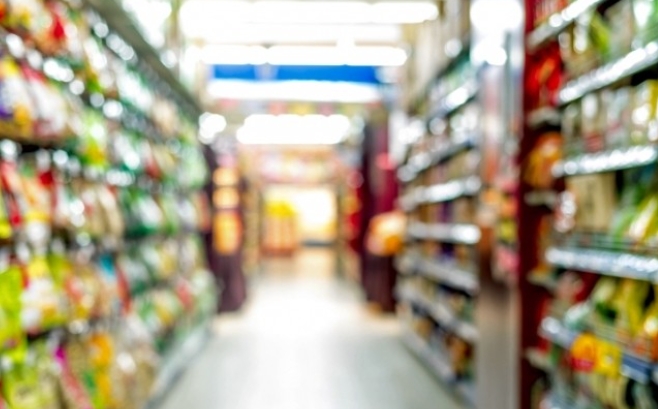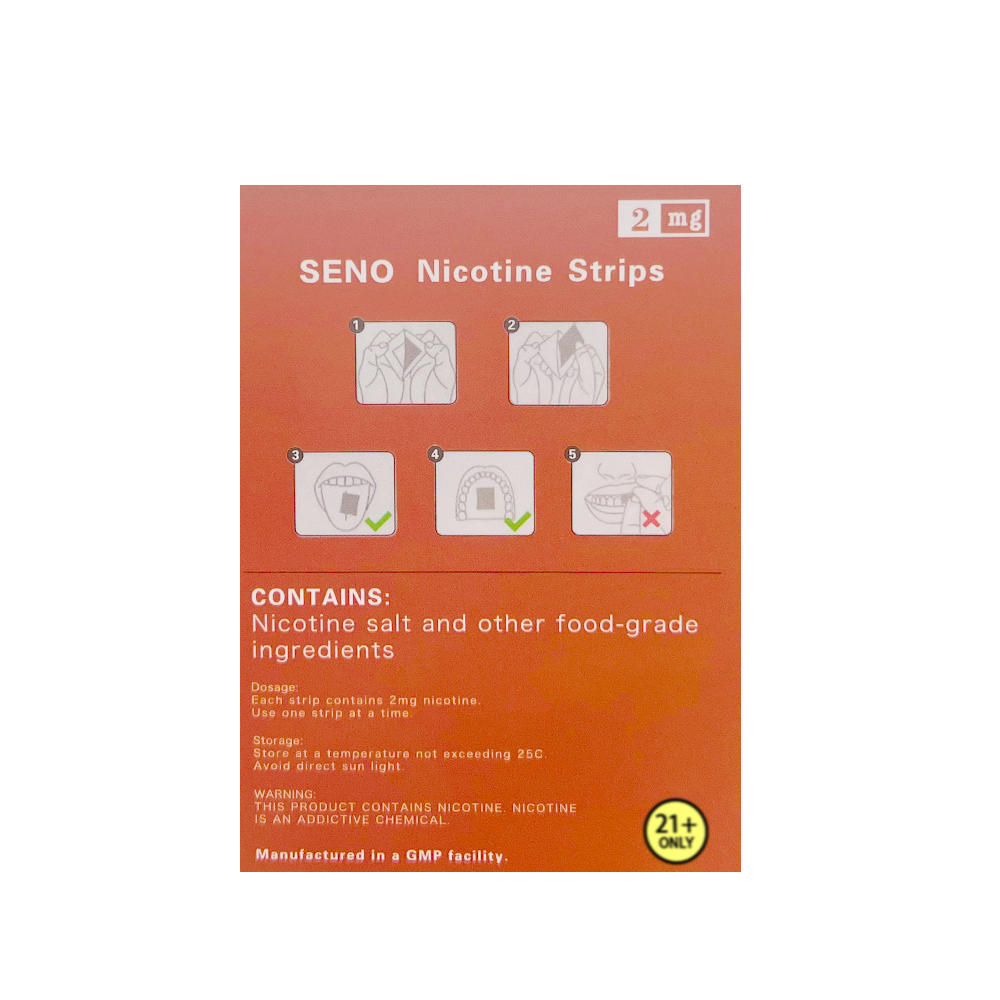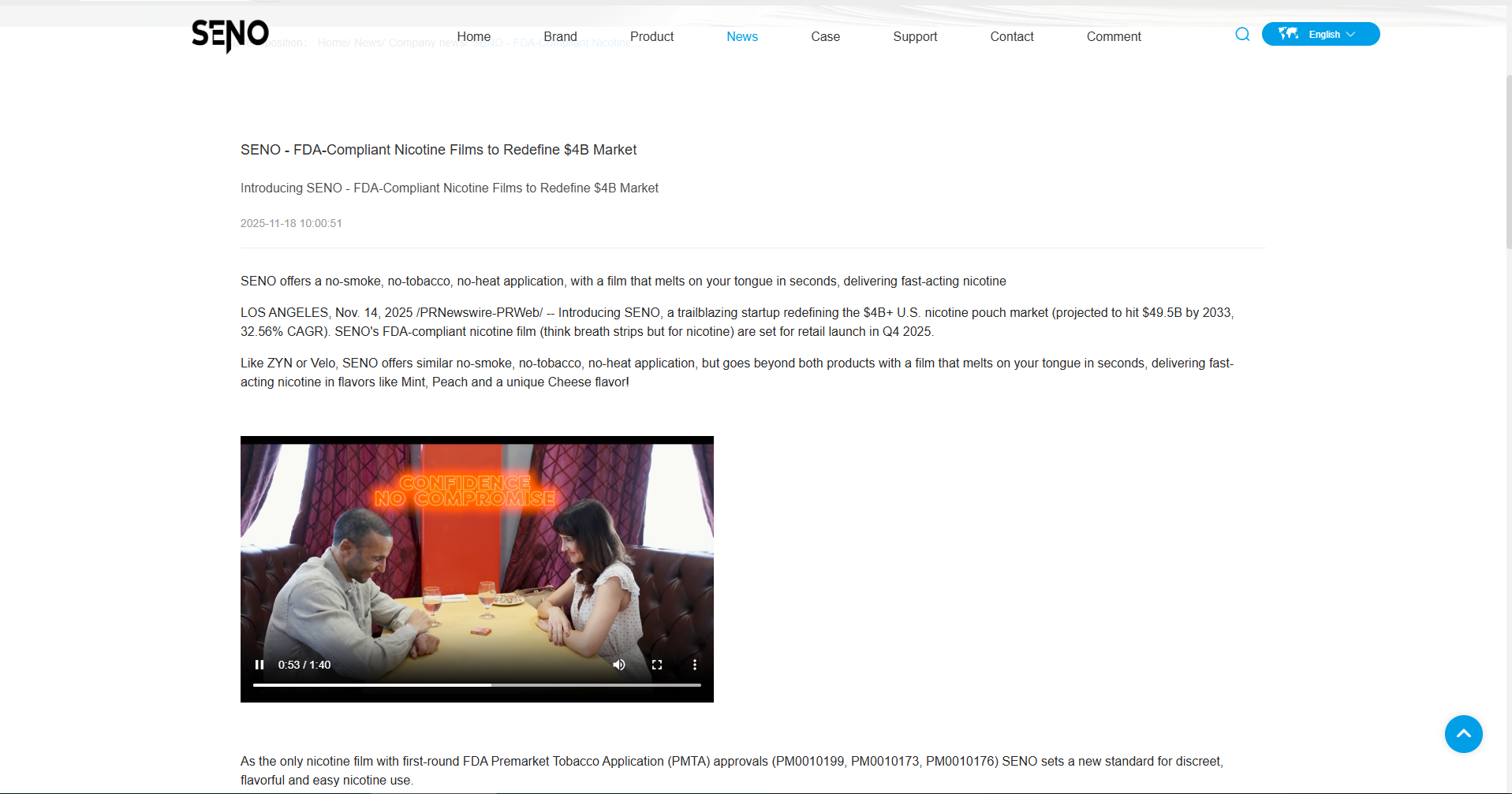
In today's fast-paced world, packaged food has become a staple in many people's diets. However, the convenience that comes with packaged food often comes at a significant cost to the environment. This article will delve into the various reasons why packaged food is detrimental to our planet, shedding light on the environmental impact of this widespread practice.
- Excessive Packaging:
One of the primary reasons why packaged food is bad for the environment is the excessive amount of packaging involved. From plastic wrappers to cardboard boxes, the packaging materials used for food products contribute to the ever-growing problem of waste generation. These materials often end up in landfills or, even worse, as litter in our oceans and natural habitats. - Energy Consumption:
The production and transportation of packaged food require substantial amounts of energy. From manufacturing the packaging materials to processing and preserving the food, each step in the supply chain contributes to greenhouse gas emissions. Additionally, the transportation of packaged food over long distances further exacerbates the carbon footprint associated with this industry. - Resource Depletion:
Packaged food relies heavily on the extraction of natural resources. The production of packaging materials, such as plastic and paper, requires significant amounts of water, energy, and raw materials. This leads to the depletion of natural resources, including fossil fuels and forests, which are crucial for maintaining a healthy and balanced ecosystem. - Plastic Pollution:
Plastic packaging, in particular, poses a severe threat to the environment. Single-use plastic containers and wrappers often end up in our oceans, where they harm marine life and contribute to the formation of vast plastic islands. These plastic particles can take hundreds of years to decompose, leading to long-term pollution and ecological damage. - Food Waste:
Packaged food also contributes to the global issue of food waste. The emphasis on extended shelf life and attractive packaging often leads to consumers purchasing more than they need, resulting in excess food being thrown away. This not only wastes valuable resources but also contributes to greenhouse gas emissions from decomposing food in landfills.
Conclusion:
Packaged food may offer convenience and accessibility, but its detrimental impact on the environment cannot be ignored. From excessive packaging and energy consumption to resource depletion and plastic pollution, the negative consequences are far-reaching. As consumers, we have the power to make more sustainable choices by opting for fresh, locally sourced, and unpackaged food whenever possible. By doing so, we can help mitigate the environmental damage caused by the packaged food industry and work towards a more sustainable future for our planet.




